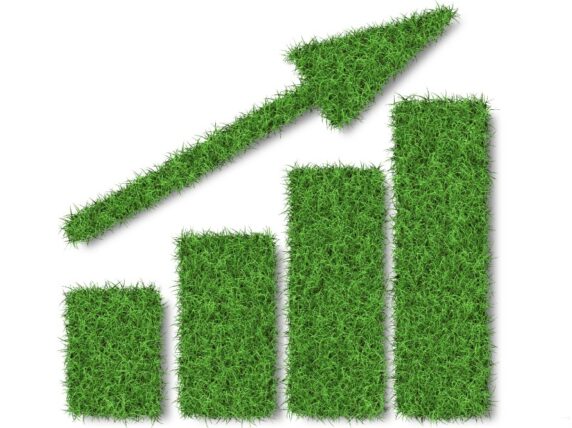We won’t achieve sustainable development without integrated action
The 2030 Agenda requires us to think holistically about global problems. But few of us do. Making real progress will require us to change our approach.
The choices we make at home don’t just affect us, they reverberate around the globe and impact both people and planet. In this digital and globalised age, we are better placed than ever to attempt to understand the complexities of these interconnections and interdependencies.
We know that the food we eat, the clothes we buy or the investments we make play their part in shaping the wage levels of people we haven’t met on the other side of the world. Our actions fundamentally impact climate and environment elsewhere and even affect the prospects of future generations.
The same is true for the choices made by our governments – domestic policy decisions have global implications far into the future. A given country’s aid spend, for example, can be easily negated by its actions or non-actions in other areas.
Take trade and investment. If UK firms are not held to account on tax dodging in developing countries, then sustainable economic development, a DFID priority, is likely to be undermined in those same countries. Domestic tax revenue is vital for the public services and infrastructure that is needed to remove inequalities and reduce poverty.
Subscribe to our newsletter
Our weekly email newsletter, Network News, is an indispensable weekly digest of the latest updates on funding, jobs, resources, news and learning opportunities in the international development sector.
Get Network NewsIn other words, we must make sure that no country takes with one hand while giving with the other. This is a question of policy coherence and is something most in our sector have been advocating for a long time.
The 2030 Agenda is underpinned by an acknowledgement of an even more complex reality:
- all 17 goals are indivisible and integrated
- economic, social and environmental dimensions of sustainable development are interlinked and interdependent
- a decision in any one area can and will have consequences in others, both at home and abroad (Target 17.14).
This means that we cannot think in silos, neither in policy terms nor in sectoral terms. A whole-of-government, whole-of-society approach to achieving sustainable development is fundamental to achieving the ambitious targets under each Sustainable Development Goal (SDG), especially in developing countries.
But this is difficult. Most countries that have presented voluntary national reviews in the past have admitted that enhancing policy coherence is one of the most difficult challenges to implementing the SDGs.
For the UK government presenting its own VNR at this week’s High-level Political Forum, this is equally true. There is no systematic assessment of how different policies impact upon and contribute towards our global footprint.
There is no public reporting on why trade-offs exist and the efforts that are made to minimise them. Why, for example, do we continue to subsidise fossil fuels to the tune of billions of pounds while acknowledging the necessity for the global south to move to greener models of energy production and use?
We must break out of institutional silos and develop mechanisms and tools that seek to systematically address the policy incoherencies that exist. We must embed processes that assess the transboundary and transgenerational effects of all government decisions. Bond’s new report on the UK’s global progress on the SDGs makes this case, and offers concrete examples of how this might be achieved.
Ultimately, achieving the SDGs will only be possible if every part of government and society acknowledges the need to balance economic, environmental and social dimensions of sustainable development. A big ask, but doable with leadership from the top and the right systems, knowledge and commitment in place.
Join the Bond SDGs Group to influence the implementation of the Sustainable Development Goals across the UK and internationally.
Category
News & Views



